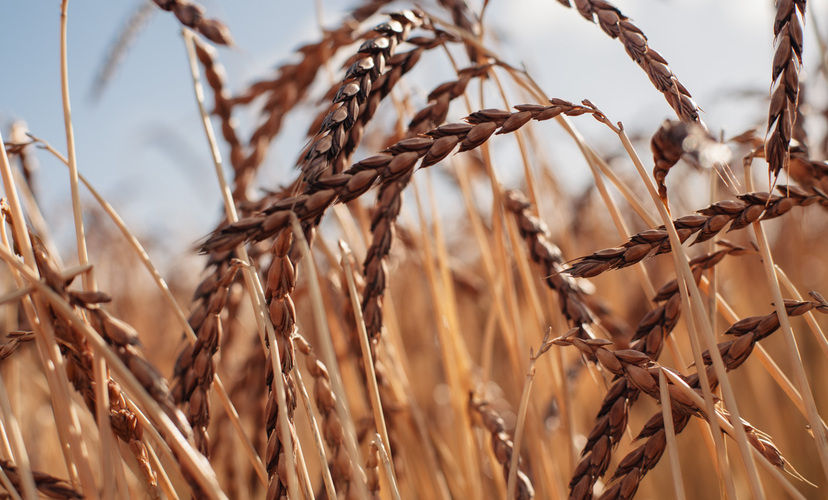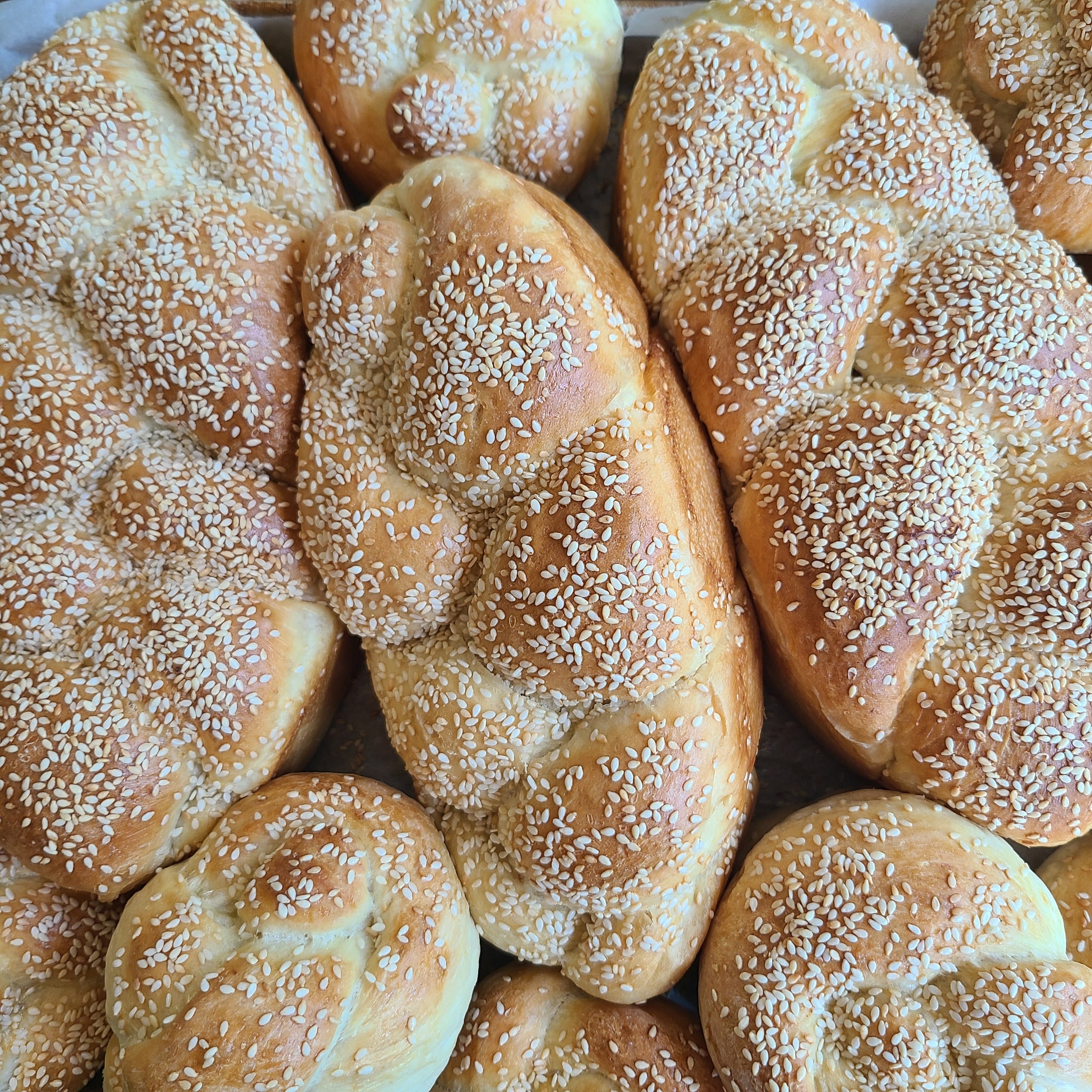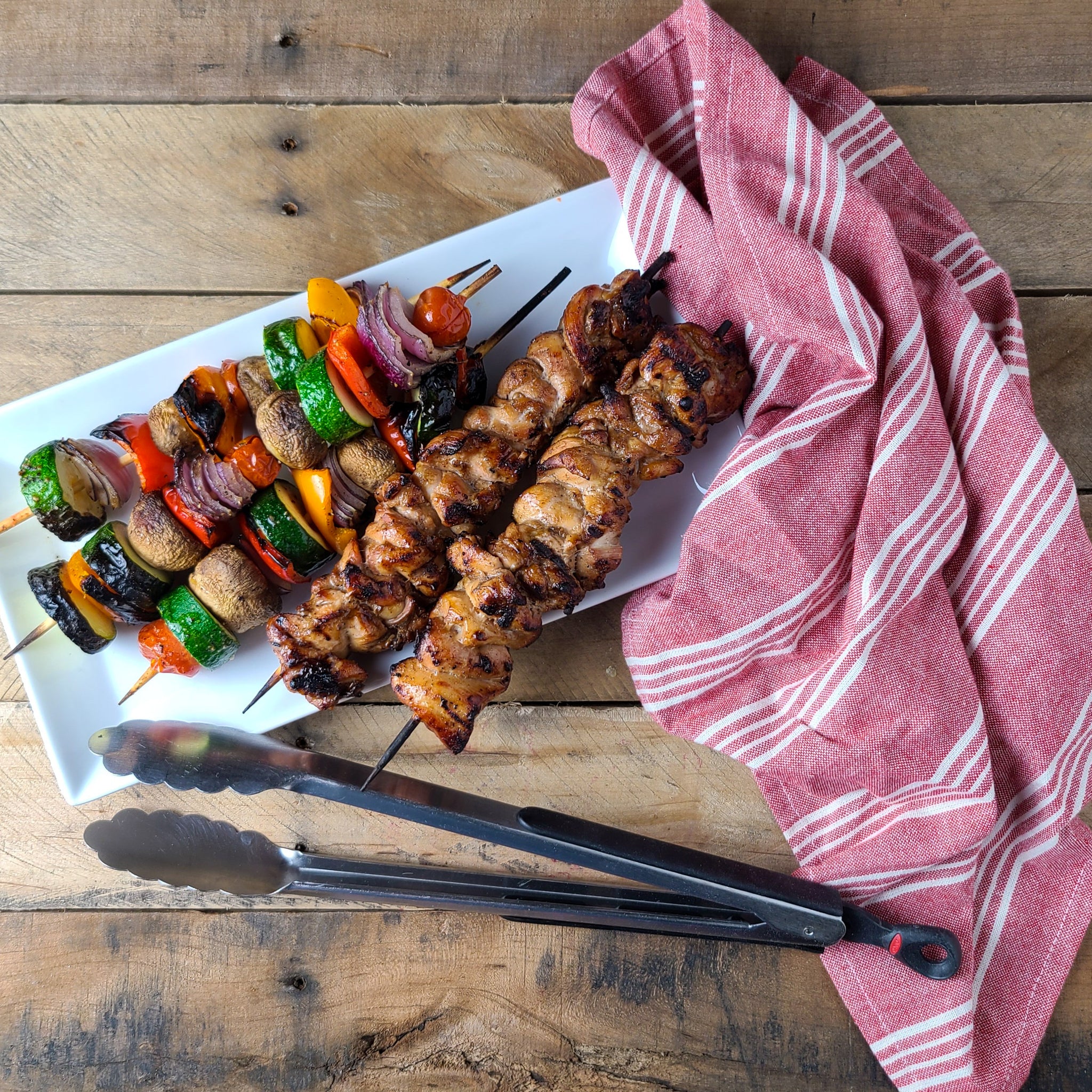
Let's talk about spelt and ancient grains.
Spelt is a variety of wheat. It along with Emmer, Einkorn and Khorasan (also known as kamut) are considered "Ancient" wheat varieties. Modern wheat is the same grain but has been hybridized by farmers over thousands of years. This is NOT GMO, but a process that farmers have always done of selecting strains of plants for desirable traits. Modern wheat has been selected for, better growth, more kernels per plant and ease of hulling those kernels. Farmers chose the plants that had the traits they wanted and replanted the kernels from those plants. Over many generations this created the wheat varieties that are standard today. Modern wheat is a wonderful thing as it has been instrumental in solving a worldwide hunger problem. When you can grow much more usable grain per acre you can feed many more people from that same piece of land.
Unfortunately about 150 years ago with the advent of commercial yeast and even more so about 60 years ago with the arrival quick rising varieties and dough conditioners, bread changed drastically. The easiest way for the human body to be able to tolerate and digest all wheat is when it is properly fermented in the way bread was made for thousands of years. Unfortunately today's modern bread production methods do not break down the proteins in wheat in the same way that fermentation with natural yeasts and bacteria does. This makes it difficult to digest for some people. For others it causes their blood sugar to spike, or brings on allergy type reactions.
Some people find that spelt or one of the other ancient wheats are easier for their bodies to tolerate than modern wheat varieties it it's unfermented form. They are able to eat bread made using commercial yeast that is made from spelt and tolerate it, as the proteins in the ancient grains are slightly different.
But Naturally Leavened, Sourdough bread is different. The proteins are broken down, almost predigested making it not only extremely delicious but much more digestible and tolerable for the vast majority of people with intolerances to unfermented modern wheat.
There is also evidence that fermentation also breaks down pestecide residue, which some people believe contributes to their intolerance of wheat.
Many customers come to me requesting spelt sourdough. I do not offer it. The reason for this is that it is very expensive. Since it is much more difficult to grow and process the raw ingredient costs are about 4x the cost of my standard wheat ingredients I would need to charge almost 50% more for the same weight of bread. I encourage my customers to try my regular sourdough breads and see how they react. 99% of people find that they are perfectly fine with my standard long fermented naturally leavened sourdough loaves. Many have reported feeling even better after eating it than the spelt challah they were having before. It also tastes better and has a softer texture.
NOTE: A person who has celiac cannot eat any variety of wheat including spelt, einkorn or kamut (khorasan). Celiac Disease is a medical condition in which a person's body cannot tolerate even a minute amount of gluten which is a protein that is in every type of wheat. Though fermentation breaks down and reduces gluten content it is still NOT safe for a person with Celiac.
NOTE: Be warned that "Sourdough" is not a legally protected term. If you are looking for real naturally leavened bread be sure to buy from a baker that you trust. Unfortunately, many bakeries sell sourdough that is either not naturally leavened at all, but flavored to resemble the taste of real sourdough or spiked with commercial yeast to speed up the process which eliminates the benefit of long fermentation.
Comments (1 Response)
Leave a comment (all fields required)
Comments will be approved before showing up.



22 September, 2019
RA
Love the blog!
Hatzlacha on the new brand